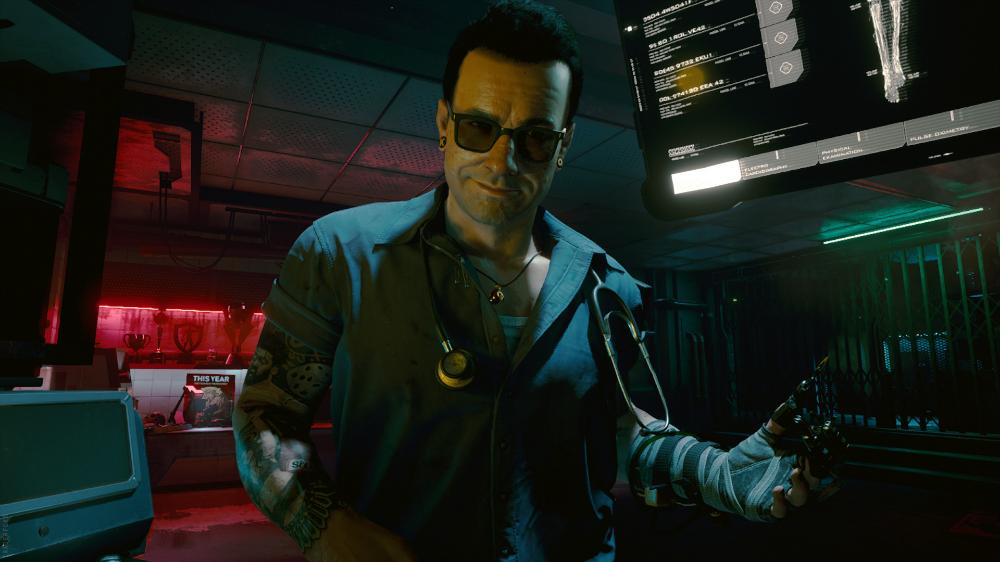There are uses of AI that are proving to be more than black and white. While voice actors, have protested their performances being fed into AI against their will, we are now seeing an example of this being done, with permission, in a very unique case.



In general lay audiences have a very weird relationship to AI as a topic, likely in large part to decades of effectively propaganda from SciFi anthropomorphizing it as an effective ‘other’ to have as a threat for human protagonists.
The reality of how this all is going to play out is that low skill work like walla walla filler for audioscapes will be AI generated instead of library sourced, which is going to sound better and not really make much difference to labor markets.
Middle range performances like NPCs will be AI generated from libraries where the actual voice actors creating that voice will be paid out residuals for the duration of voice generation, and you’ll likely have better performances than most side quest NPCs by the next generation of consoles.
High end performance for key characters will still be custom hires directed for the specific role, likely with additional contract terms for extended generation for things like Bethesda’s radiant questlines.
The latter is going to be the thing that’s going to be the biggest hurdle to figure out terms for, as what would be ideal for the player would be having a near infinite variety of branching questlines in an open world that would be fully voiced, but if each branch was considered its own X hours of generation under contract that wouldn’t be feasible and would ultimately price human actors out of the market down the road in favor of fully artificial alternatives. So it will probably be something like X hours of parallel generation (i.e. infinite variety but maybe only an additional 200 hours worth in a playthrough priced at 200 hours of generation).
But as can be seen in the article, it’s not as simple as waving a hand and having AI voice lines - this was work done on top of a different actor’s performance to bring the voice in line with the original performer.
And given there’s still going to be a few years as the tech improves with significant overlap of needing to work with actors to get performances right, this is all going to get managed in acceptable ways.
You don’t see people losing their minds over improved facial animation rigs taking away mocap sessions from actors, even though that’s a reality of improved tech. But it doesn’t have the scary ‘AI’ in the name (even though the tech is generally going to lean more and more on machine learning), so it flies under the radar.
Ultimately, being able to take a static voice performance into dynamic extended content is going to be one of the best things to ever happen to video games, and given how much of that is going to rely on human performance and union buy in, I wouldn’t even be surprised if the eventual leading product offering ends owned and operated by the trade unions or a number of the actors themselves.
In a perfect world, sure. In reality, we’ve seen that paying residuals is something companies won’t do if they can possibly help it. It’s one of the very issues being fought over in the strike negotiations right now.
I admire your optimism, but I can’t share it. We’re so poorly prepared to deal with job losses associated with AI and automation in general, and I don’t see any movement on that front. If you’re relying on unions to get it done, know that they already have an uphill battle getting things they should’ve had years ago, let alone future protections against a rapidly changing market.